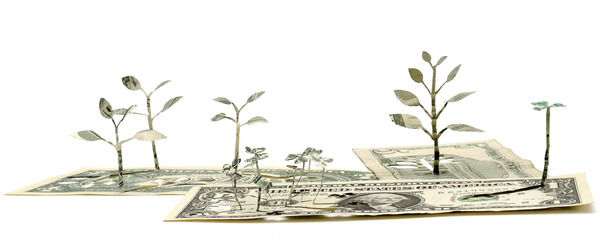 Looking past the exciting technical, legislative and community advancements made to address climate change over the last few years, lies the reality of whether we as a society will make the necessary changes in energy use, lifestyle choices and investment decisions in time to avoid the most catastrophic global warming scenarios.
Looking past the exciting technical, legislative and community advancements made to address climate change over the last few years, lies the reality of whether we as a society will make the necessary changes in energy use, lifestyle choices and investment decisions in time to avoid the most catastrophic global warming scenarios.
In last weekend’s New York Times, Nobel Prize-winning economist Paul Krugman examined the question that could fatally delay the steps necessary to reduce the impact of climate change. It’s the question that many of the people running our government and global corporations are now pondering, “Is it good for business?” 
Even when people accept the reality of climate change, there is some legitimate debate on how fast and how hard the truly negative effects of global warming will visit us. So Krugman quickly takes the argument past the philosophical diatribe conducted by climate deniers and examines first how business plans for any other crisis. He identifies the best and worse case economic effects on GDP if we make drastic cuts in CO2 emissions. As it turns out, the very worst that could happen is a 3% drop in GDP that would likely soon be made up through the manufacture and marketing of the technical solutions and products necessary to live in a low-carbon emissions world.
Krugman then makes an attempt to predict the impact on the world economy if the effects of global warming produce the disastrous changes in climate and weather patterns that scientists predict will come true by the middle of the century. Suffice to say, a 3% decline in GDP would be the least of our troubles.
Like me, it might take you a couple of days to get through the article and ponder the consequences of Krugman’s predictions. It’s well worth your time-both for how well it shines a light on the decision-making processes of our legislative and business leaders, and because the facts may come in handy for debating colleagues who believe ‘the business of America is business’.

3% is on par with the Stern Review, which reported 2%. This scale figure is as if you forewent economic growth for one year. That is, no increase in GDP but no decrease (as in the recession) either, for a single year, as insurance against much larger losses over a much larger period of time. Of course, it would not be possible to make all of the changes necessary in a single year, so the costs would be spread across several years or a decade e.g; 1-2 months “off” per year for 12 years
None of this speaks to the possible gains from redirected priorities,
or the issues with GDP though.
Krugman seems to have purposely minimized the ‘blue sky’ effects of moving to a green economy for the sake of balance in this article. Employment numbers in renewable energy-related industries indicate that the economy is already shifting resources to energy solutions that will minimize climate change.
Recent government policies seems to have had a slightly better economic effect than first thought. Here we are a short 18 months after the financial meltdown and all but $90bn of the $700bn TARP money has been repaid.